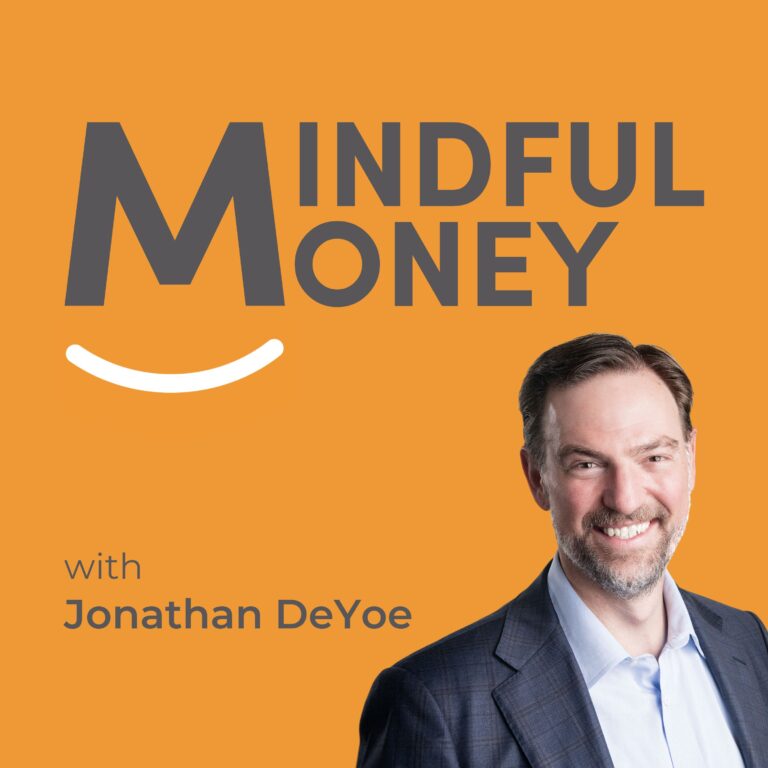The first six months of 2020 saw the advent of the worst global public health crisis in a century. In response, the world locked down, putting its economy into a kind of medically-induced coma. The immediate effects were (1) a savage and nearly instantaneous economic recession, accompanied by record unemployment, and (2) the fastest, deepest collapse in stock prices in living memory, if not ever.
Stock prices decline for the most basic of reasons – there are more sellers than buyers. The declines are not predictable in any way, but the investor response, sadly, often is. In Late June, Fidelity reported that nearly 1/3 of their customers age 65 and older had sold all (yes, ALL) of their equity holdings in the 3 months between Feb. 15th and May 20th.
Though we usually write you an extended summary in January every year—and will again come January 2021—the stark drama of the first half of 2020 necessitates a similar report mid-year.
GENERAL PRINCIPLES
We believe that all successful investing is goal-focused and planning-driven. All failed investing is market-focused and event-driven. Every truly successful investor we’ve ever known based his or her activities consistently (for years leading into decades) on a long-term plan. Every failed investor we’ve known continually reacted to either new-paradigms (greed) or sudden and terrifying market shocks (fear).
We’ve found that while long-term investing success may appear to be a function of the economy and the markets, it is actually more a measure of how the investor reacts—or, more accurately, how he/ she declines to react. In hiring us, our clients are joining us in a philosophy and process.
We are long-term, goal-focused equity investors, acting on our plan with patience and discipline. The smaller part of what we do for clients is the crafting of that plan. The much larger part is helping you to avoid re-acting in ways that will hurt you during stressful times like this and, even more, to continue acting on the plan and process we have in place for you.
We regularly advise that we can’t predict. This isn’t a personal inadequacy. No one can consistently predict markets or economies. The equity market can’t be foretold or timed. The only certain way of capturing equities’ superior long-term returns is to have a plan that enables sitting through and a process that benefits from their occasionally steep but historically temporary declines.
In this way, mindful endurance (in the face of volatility and anxiety) is our superpower.
REVIEW & OUTLOOK
At midyear, the best that could be said is that the first great wave of the pandemic appeared to be abating and the economy was reopening (as we write, that is no longer entirely true). As it continues to reopen, there will inevitably be new infections. The interaction between the pandemic and the economy in the short to intermediate term is perfectly impossible to forecast, as is the timing of the development of a vaccine.
The equity market crashed from a new all-time high on February 19 to a bear market low on March 23 – down 34% in 33 days. There is no historical precedent for this steep a decline in so little time. Confoundingly, it then posted its best 50 days in history. The S&P 500 closed out the first half of 2020 at $3100, 8.4% off its all-time high.
It is not possible to forecast the near-term course of corporate earnings or dividends, as they—like the economy they reflect— are still largely hostage to the pandemic. That said, we invite your attention to the fact that at June 30 the yield on the 10-year U.S. Treasury note was about 6 tenths of one percent.
We infer from the current state of interest rates that though it is impossible to forecast equity earnings, dividends and prices, it can be stated as fact that few if any of our clients can continue to advance toward the achievement of their long-term financial goals in bonds. This is just another reason why we’ve advised staying the course in equities.
It should also be noted that even if the pandemic continues to subside and the economy to recover, we will still have to deal with what may be the most widespread civil unrest in our country in decades, and what promises to be a bitterly partisan presidential election cycle. Emotions seem likely to continue to run high, with unpredictable short-term market consequences.
We’re deliberately and perhaps obviously laboring here to convince you of the sheer unknowability of the short (say, the Q3 2020) to intermediate (say, Q2 2021) term economic and market outlook. In the next breath, we remind you that we are not investing for the next one to four calendar quarters. We are long-term, goal-focused, planning-driven, patient, disciplined investors. We focus on history over headlines, and our mantra is from Churchill: “The farther back you can look, the farther forward you are likely to see.”
Finally, we urge you to think back to January 1 of this year. Have your most cherished lifetime financial goals changed since then? If not, we see no compelling reason to change your plan—and no reason at all to change your portfolio.
This too shall pass. Optimism (especially during the darkest hours) remains, to us, the only long-term realism. By all means, please be in touch with us regarding any and all questions and concerns.
COMPANY UPDATE
As you know, Jonathan’s book was titled Mindful Money: Simple Practices for Reaching Your Financial Goals and Increasing Your Happiness Dividend. You probably don’t know that this title almost perfectly summarizes his dream company name.
Our industry is dominated by a “beat-the-market” attitude. It infects advisors, the marketing arm of product manufacturers e.g. mutual funds, and the financial media alike. Though the strategy is “more honored in the breach than the observance,” it remains entrenched throughout the industry. Upton Sinclair said, “It is difficult to get a man to understand something when his salary depends on his not understanding it.” How then could this conventional approach not capture the popular psyche?
It is counter-cultural to admit, as we do, that we cannot be consistently successful as market timers, stock pickers or mutual fund handicappers. We know that we can only be consistently successful by helping clients stay goal-focused and planning-driven. Our core message – Stop Predicting, Start Planning, Stay Mindful – plots a path to better financial outcomes, happier families, and healthier communities.
When Jonathan originally named the firm, he wasn’t thinking in terms of affecting the industry and didn’t understand how counter-cultural this idea was. He was only thinking of growing a small practice and serving a few clients. Today, with an incredible team in place, we’re ready to have a greater impact.
The first step is a name change. None of our client services will change. All account numbers will remain the same. You don’t have to sign or do anything. In August we will quietly show up in your lives as Mindful Money.
Jonathan is not going anywhere – the name change is not due to an acquisition or a merger rather it is a declaration of beliefs and an embrace of our core values. For Jonathan, it is the realization of a dream in the sense that the firm has grown and will grow beyond him alone. It is a way to make a space for the whole team and those yet to join in the future.
Thank you – as always – for being our clients. We appreciate both your continued trust and for your including us in your story. Our opportunity to serve you is among our many privileges.





